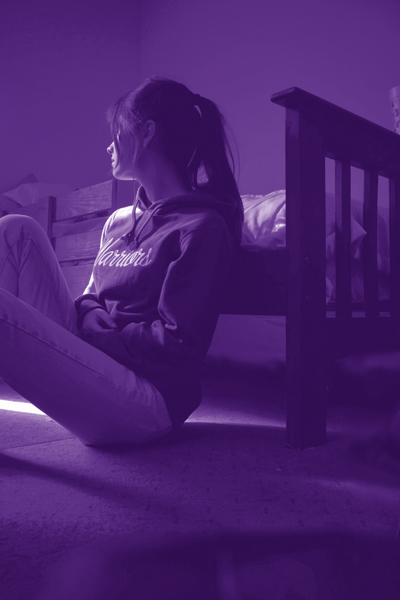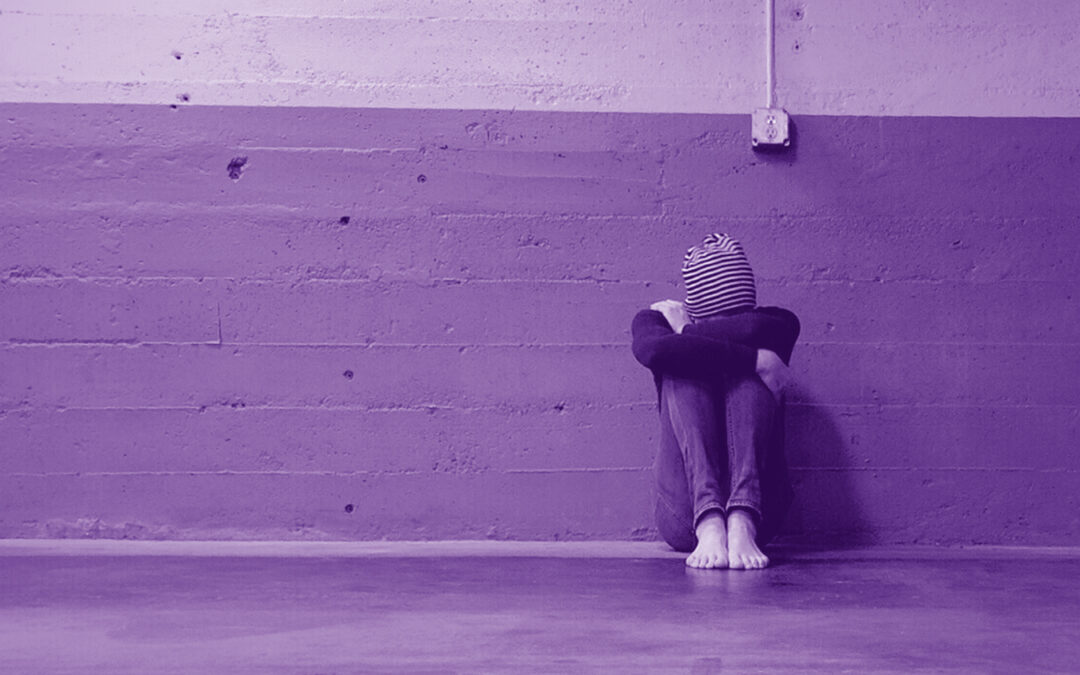Isolation and Addiction
The disease of addiction is a baffling and often lethal disorder. It is a disease of loneliness and despair. Chemicals in the brain that are necessary to feel right are depleted, and depression increases. Without help, the suffering individual uses more and more substances and grows ever more isolated.
In times like these, addiction and the associated isolation tend to get worse. Remember, we appeared to be nearing the end of a global pandemic and then riots broke out across much of the world. Even people who do not suffer with addiction are struggling emotionally. For many, these troubling times are the worst they have experienced in their lifetimes. And they are much more troubling for those suffering from drugs and alcohol addiction.

Scrambled brain
The brain of the suffering addict is literally scrambled. Areas responsible for judgment are largely blocked. Without the artificial high created by the substances they use, addicts are left with a sense of impending doom that is almost indescribably horrific. This is only exacerbated by stress, and these are some of the most stressful times that humanity has ever been through.
Without the ability to cope with anything, let alone a global pandemic and civil unrest, the suffering addict isolates and consumes more and more of the only “friend” they feel they have – the substance or substances they are familiar with. Isolating allows the struggling person to “tune out” the outside world physically while drugs lets them “tune out” the outside world mentally and emotionally. This is ripe grounds for overdose. It should be no surprise that drug overdoses and relapses are on the rise.
Helping others
Even for those in recovery, isolation is something to be aware of. For whatever reason, many in recovery often have a desire to isolate, and it is something they need to continuously overcome. Here’s why – when a person in recovery isolates, they tend to get away from a key part of their recovery program, which is helping others suffering with addiction. Most people’s recovery also includes this type of daily interaction with friends and acquaintances in recovery.
For those in recovery, getting away from any component of their program is very risky. The key elements of a strong recovery program are to help keep the individual’s mind, thoughts and actions healthy. When critical recovery components are skipped for any length of time, such as interacting with fellow people in recovery or those seeking help, their old default “unhealthy” thinking begins to return. For many, this unhealthy or uncomfortable thinking was the primary reason they began using substances, i.e. self-medicating.
Worse, never better
When a person goes through an effective recovery process, they are essentially reprogramming their brains. But isolation feeds the disease, and it becomes much more difficult to ask for help from the dense fog of serious addiction. For the person in recovery, isolation tends to increase the likelihood of relapse as the uncomfortable thinking of active addiction begins to return.
Remember this, addiction is a progressive disease. It gets worse, never better. The person in active addiction and almost total isolation is at great risk for overdosing and possible death. Isolation can bring on a relapse for the person in recovery.
Given the progressive nature of the disease, people who have been in recovery for 10, 20 or 30 plus years who relapse tend to pick right up where they left off with their addiction. Almost invariably, these people are sicker than ever within a few days or weeks and, in some cases, are even dead within a very short time.


